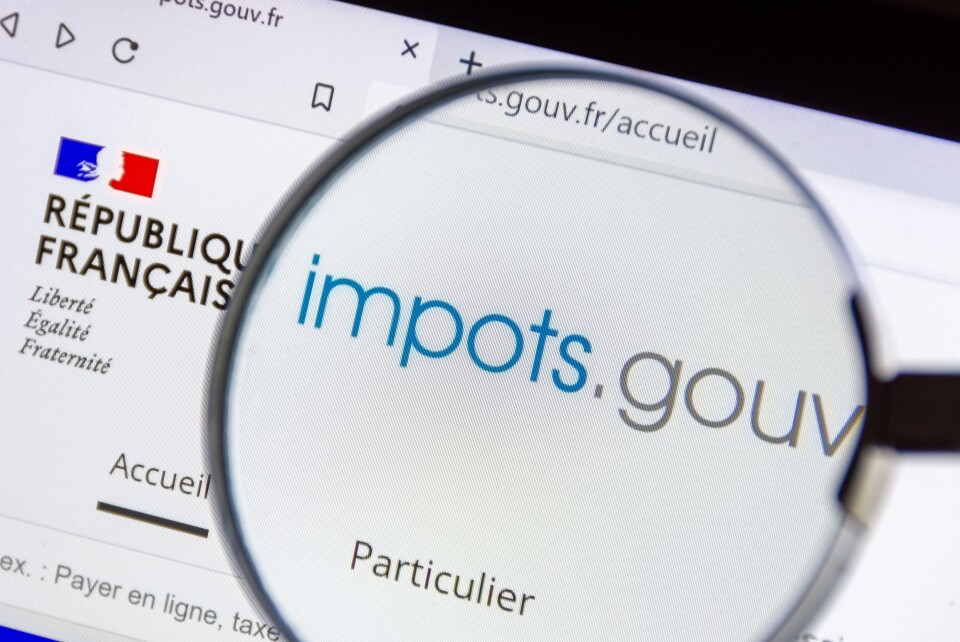-
Reports of scam calls in France more than double in a year
Complaints about unsolicited calls are second only to those about fibre optic internet
-
French police issue warning over new ‘fake bank card’ scam
Accompanying letter asks users to set up new card using fake bank website and QR code
-
French village creates new ‘no door-to-door sales’ sticker
Authorities have also brought in heavy sanctions for unwanted sales approaches
Scam warning as French tax authorities begin sending out refunds
Here is how the refunds work and how to avoid falling victim to a swindle

People in France are being warned to be alert to how the tax refund system works and to never give out bank details, as the government begins sending refunds to 15 million eligible taxpayers.
The payments will be sent on Monday, July 24 or Wednesday, August 2.
This year, a total of €13billion is set to be reimbursed to 15 million people, said central tax authority the Direction générale des finances publiques (DGFiP).
Reasons for receiving a refund include:
-
People who paid too much income tax at source last year compared to their final taxable income, if their income or their family situation changed later
-
People who benefitted from new tax deductions or credits, due to (for example) working from home credits, home worker employment, childcare, or local investments
The average refund will be €844 per household, the DGFiP said. Some people will have already seen the refund appear in their account.
How will I receive the money if I am eligible?
You will receive the money either directly into your bank account or by cheque at home if the government does not have valid bank account details for you.
The money will be labelled ‘Remb Impôt Revenus’ on your statement, and will come from ‘DGFIP FINANCES PUBLIQUES’.
Extra tax payments
A total of 9.6 million people, however, will be required to pay extra tax, averaging €2,259 per affected household.
This could be because they have not yet paid enough income tax under ‘at source’ systems, for example, due to changes in overall income last year, or in household circumstances, that had not been accounted for before they made their full income declaration this spring.
In other cases, people will have money to pay because they received an overly large advance of ‘tax credit’ money compared to actual eligible expenses incurred.
If this applies to you, you will be notified via your online tax account and never by phone or text from an unknown number.
The amount will be taken directly from your bank account.
For amounts under €300, the amount will be taken in a single go, on Monday, September 25. For other amounts, the dates will be Monday, September 25; Thursday, October 26; Monday, November 27; and Wednesday, December 27.
Scam alert
People are being warned that the government will not contact anyone by phone, email, or text to ask for their bank or other personal details or to ask them to make a payment.
Your details – such as bank details or address – should only be changed or entered directly by yourself via your personal tax account online. Do not click on any links in any emails or texts, nor give any details over the phone or by email.
Instead, go to the tax website yourself and only log in using your personal details. Keep these private. You can change your details by going to your personal account area on impots.gouv.fr.
Do not give them or ‘confirm them’ to anyone over the phone, even if the caller or sender appears genuine or knows other details about you, your taxes, or your repayments.
Download our latest income tax help guide, Income Tax in France 2023 (for 2022 income) here. It includes step-by-step help for online and printed declarations and many more updates.
Read also
Avoid income tax return errors by understanding the French system
France income tax return 2023: what is new this year as website opens?
























